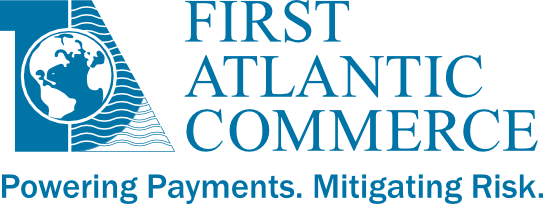In the e-commerce world, PCI compliance is integrated to ensure safe transactions to meet the international privacy standards. Many companies are opting for a set of security requirements to protect their credit or debit card information from data breaches. While setting up an online merchant store, it is challenging to maintain a secure environment for the customers’ personal information.
So, most organizations, financial institutions like banks, and online eCommerce websites validate PCI compliance when dealing with the customer’s sensitive card information. Let’s dive into this.
What is PCI?
PCI stands for ‘payment card industry’ with DSS. DSS is a ‘data security standard’ that provides a set of security frameworks for the service providers and merchants to have a secure transaction. If your eCommerce store or organization holds, processes, or accepts cardholder personal information from the credit or debit cards, you require compliance with PCI DSS. The security standards are enforced by the PCI security standard council. So, PCI is mainly concerned with the security of cardholders’ sensitive card data.
PCI DSS compliance has skyrocketed by 167 percent since 2012. However, according to Verizon, 80 percent of companies fail at interim assessment. Let’s have an in-depth analysis of the implications of PCI DSS on banks in the Caribbean.
Implications of PCI DSS on Banks in the Caribbean
The PCI DSS offers rules and clear guidelines to the banks that hold merchants’ personal card information to identify any fraud and render them ways to handle this event. In the Caribbean, the banks that offer Visa, Mastercard, American Express, and Discover cards are obliged to ensure the security of payment card data.
Moreover, the Caribbean banks ask the eCommerce newbies about their PCI compliance status. To verify all the security measures, the financial institutions may ask the companies to fill out a PCI questionnaire form. It is an intriguing way to aggregate the information about how their web server will provide security to their customers and how you process the card’s details.
In addition, banks are entitled to do adequate security tests and run optimized attempts against network breaches to ensure web applications are safe.
Bank account numbers, routing numbers, sort codes, branch identification numbers, and other types of bank account data may not fall under PCI DSS compliance. These aren’t directly concerned with payment card data.
Legislations have strict penalties for the eCommerce companies that have data breaches or attempt to misuse the customer’s card data details. Therefore, those companies that comply with PCI validate that they are doing smooth online financial operations and abide by the privacy policies.
How should you make your website PCI Compliant?
Complying with PCI depends on certain requirements. It depends on your daily transactions, credit card type, or whether your business enterprise has suffered a cyberattack or data breach. You only need a PCI compliance check if you have started your eCommerce website. When it expands on a larger domain, you will need a certificate to become PCI compliant.
Irrespective of size, most businesses in the Caribbean deposit their credit card data to the payment gateways that are PCI compliant. So, to make your business PCI-certified, you need to fulfil the security requirements on the checklist.
Main Goals of PCI
PCI assessment from the banks builds and maintains the network’s security. It protects the cardholder data and improvises an information security policy. The payment security standards regularly monitor and test the network details of your online eCommerce store.
Conclusion
In short, most financial organizations, banks, and websites opt for the security testing requirements of PCI DSS. PCI provides significant guidelines and rules for the business to ensure the security of the online transactions between the service providers and the merchants. So, when your business fails to comply with security standards has severe consequences in the loss of credibility.

